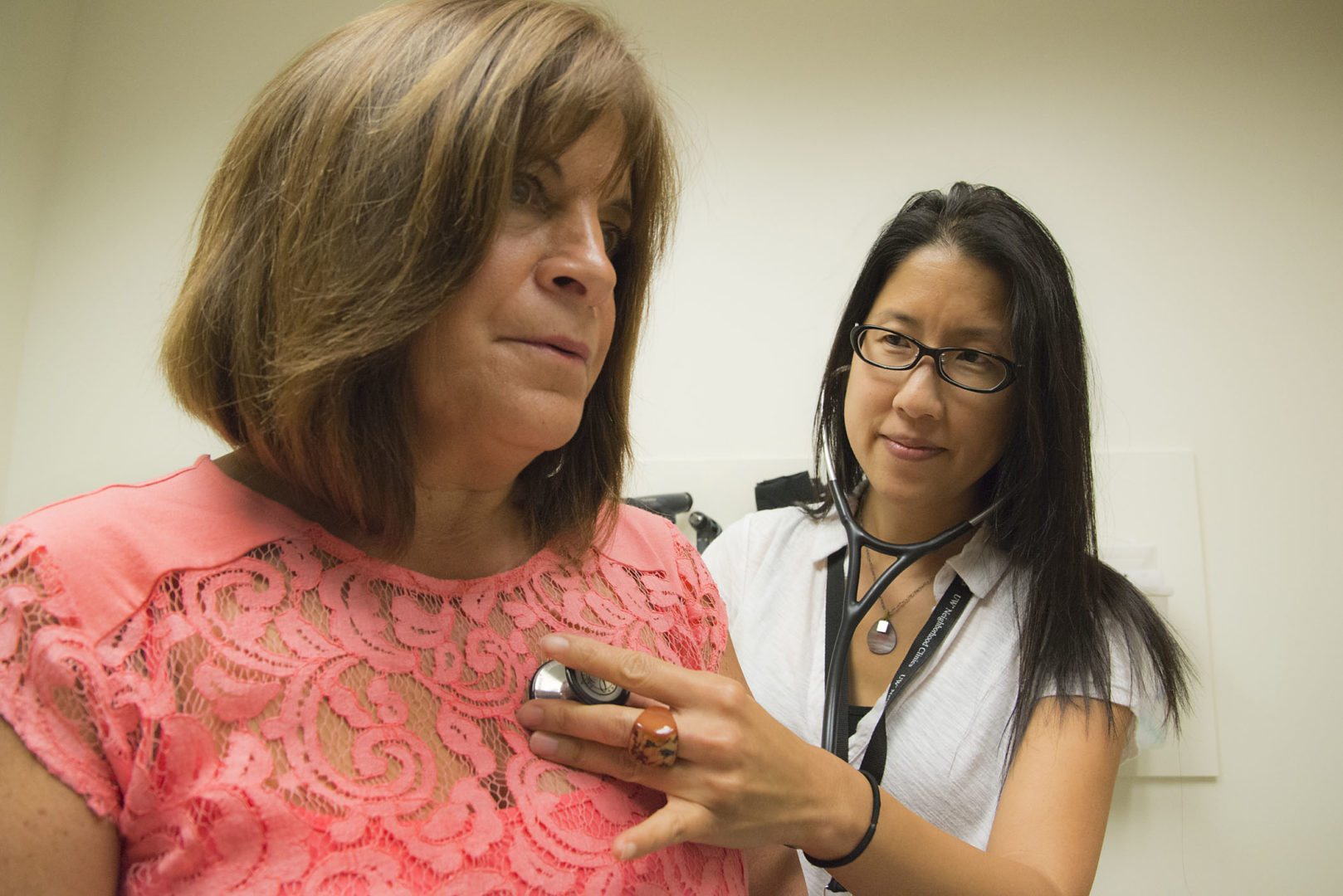Submitted by UW Neighborhood Olympia Clinic
Your heart is the hardest working organ in your body. It pumps more than five liters of blood through your body every minute and never gets more than a moment of rest. In recognition of February as Heart Health month, all of us at your UW Neighborhood Olympia Clinic wanted to share some lifestyle changes you can make to give your heart the TLC it deserves.
Stop Smoking.
Chemicals in tobacco smoke harm your blood cells and damage the structure and function of your heart and blood vessels. A smoker has twice the risk of a heart attack compared to a non-smoker. If you have been unable to quit smoking on your own, speak with your healthcare provider about finding a smoking cessation support program to help you quit successfully.
Eat a Healthy Diet.
A healthy diet can stop or even reverse heart disease. To improve your diet, stay away from foods that are high in salt, sugar, cholesterol, saturated fat and trans fat. Instead, eat fruits and vegetables, whole grains, low-fat dairy, fish, poultry and nuts.
Exercise.
Your heart is a muscle, and exercises that get your heart pumping strengthen that muscle. Be sure to talk with your healthcare provider before starting an exercise program, and begin it gradually, especially if you haven’t been active for some time.
Watch your Blood Pressure.
High blood pressure is known as “the silent killer” because it goes without symptoms in most people while causing damage to blood vessels that serve the heart. The best way to know if your blood pressure is in a healthy or unhealthy range is to get it checked by your healthcare provider. If you do have high blood pressure, your healthcare provider will give you the tools to manage it.
Watch your Weight.
Even modest weight loss can yield heart and vascular benefits. Talk with your healthcare provider about establishing a diet and exercise plan that you will be able to maintain for the long run.
Monitor your Cholesterol.
High cholesterol is a major contributor to heart disease. Everyone age 20 and older should have their cholesterol checked at least once every five years. If you do have high cholesterol, your healthcare provider will help you to manage it.
Reduce stress.
Stress can increase your risk of developing heart disease. Reduce your stress in whatever ways work best for you—from exercising to spending time with those you love to making quiet time for yourself every day.
Did you know that a simple checkup can help to prevent heart disease? At UW Neighborhood Olympia Clinic, we can identify any heart health risk factors you may have, and educate you on how best to manage them. Call 360-507-9100 or go to uwmedicine.org/inolympia to schedule an appointment with your primary care provider at UW Neighborhood Olympia Clinic this February. Your heart will thank you.



